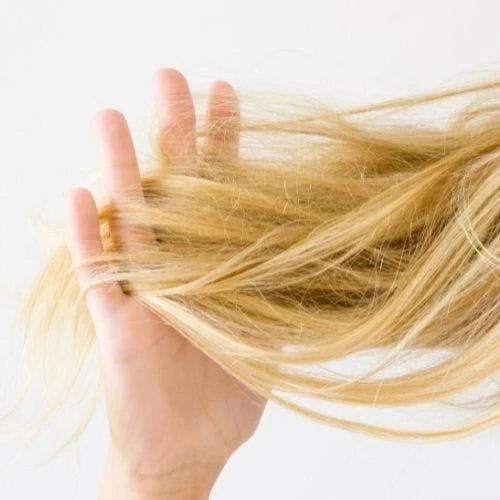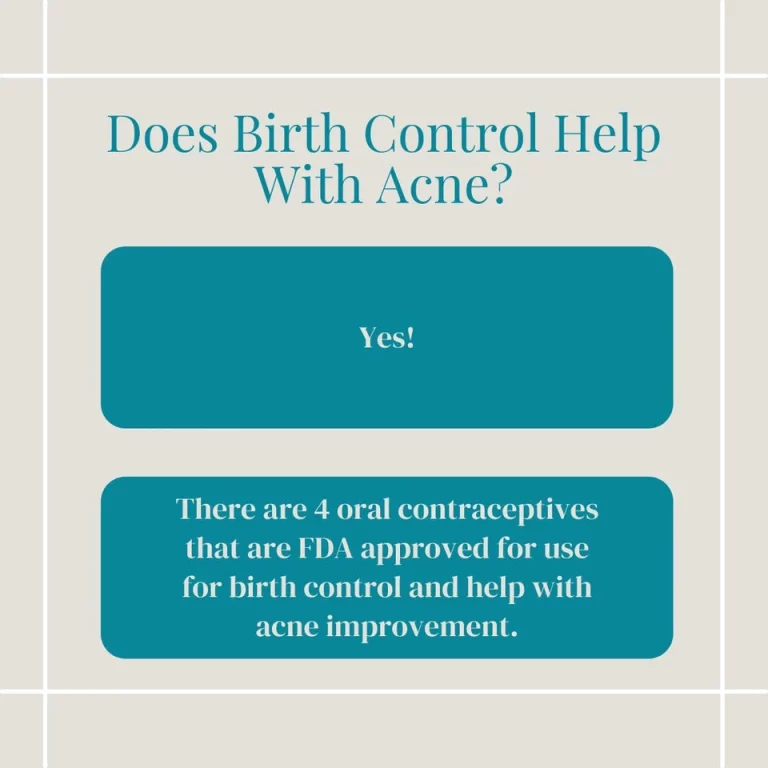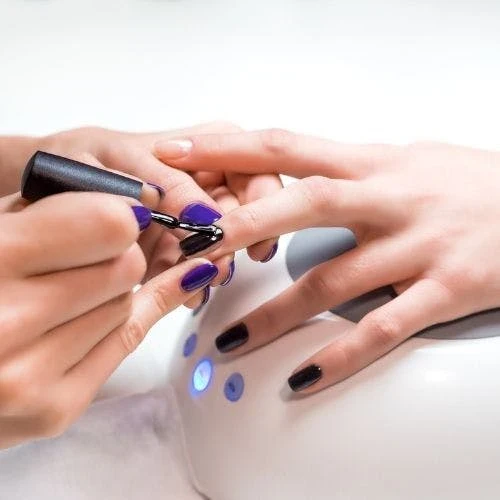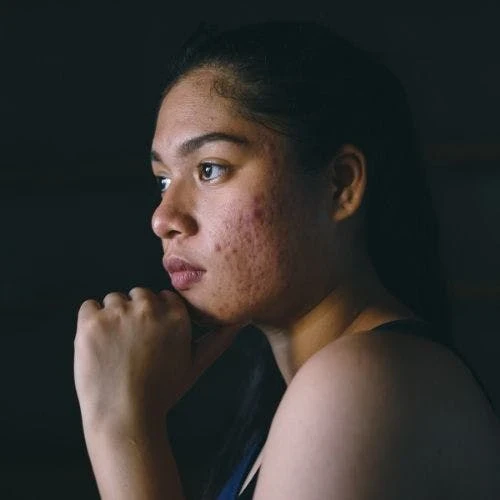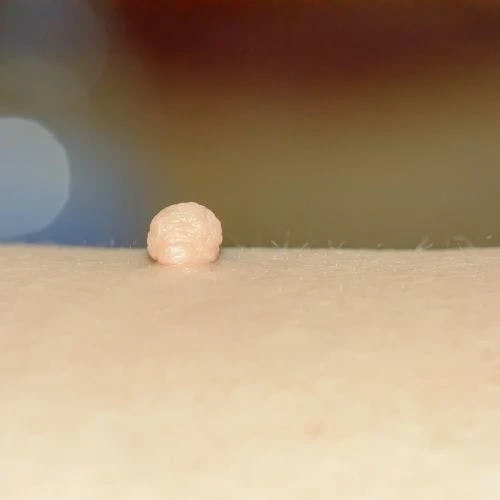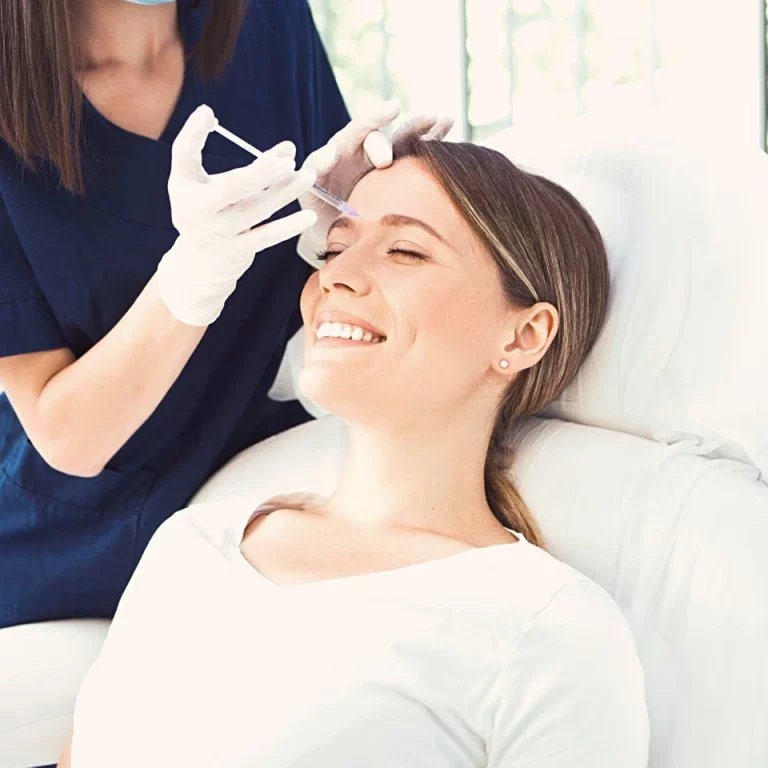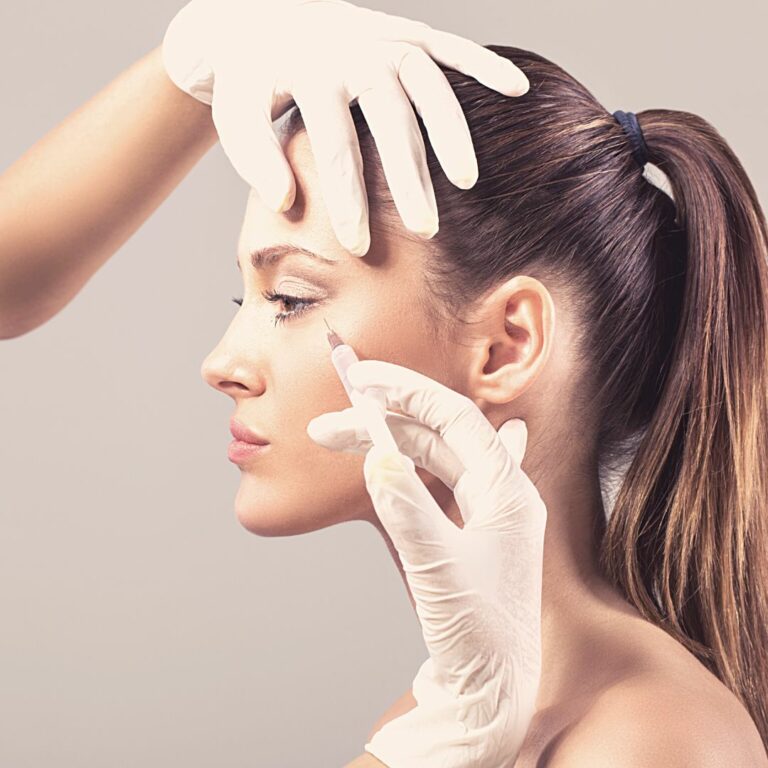Dry Hair: Causes and Treatments
Dry hair affects both men and women and can happen at any age, but is most likely to develop with age and damage from products and chemicals/dyes. When your hair and scalp don’t get enough moisture through the oil it naturally produces, you will notice that your hair is not as shiny and is frizzy and dull.
Hair is comprised of three layers. The scalp produces oil to protect the outer layers. Because it is oil, it will reflect light so healthy hair will look glossy and shiny. As hair becomes dry, the outer layer breaks down and you will notice that it has lost its sheen.
Dry Hair Causes
There are two main causes of dry hair: environmental and hair care practices.
Environmental
- Spending a great deal of time in the sun or in windy areas.
- Frequent swimming in chlorinated or salty water.
- The area you live in has a hot, dry climate
Hair Care
- Too frequent shampooing
- Using harsh products including shampoo, conditioners and styling gels
- Dying and chemically treating hair
- Blow drying
- Use of electric curling irons, straighteners, and curlers.
Since hair relies on the oil that is made at the roots under the scalp, both dry hair and dry scalp go hand in hand. As the scalp dries, it flakes off and sheds creating what we term dandruff. Giving your hair some protection from sun and wind, like wearing a hat, can help retain the moisture both need.
Age is also a major factor. As we age, the hair follicles make less oil. Hormone changes can also affect the production of oil.
Related: Best Moisturizer After IPL Treatment
Oily Scalp Dry Hair
If your scalp is oily but ends are dry, it is best to apply conditioner and treatments to the ends of the hair only.
Treatments
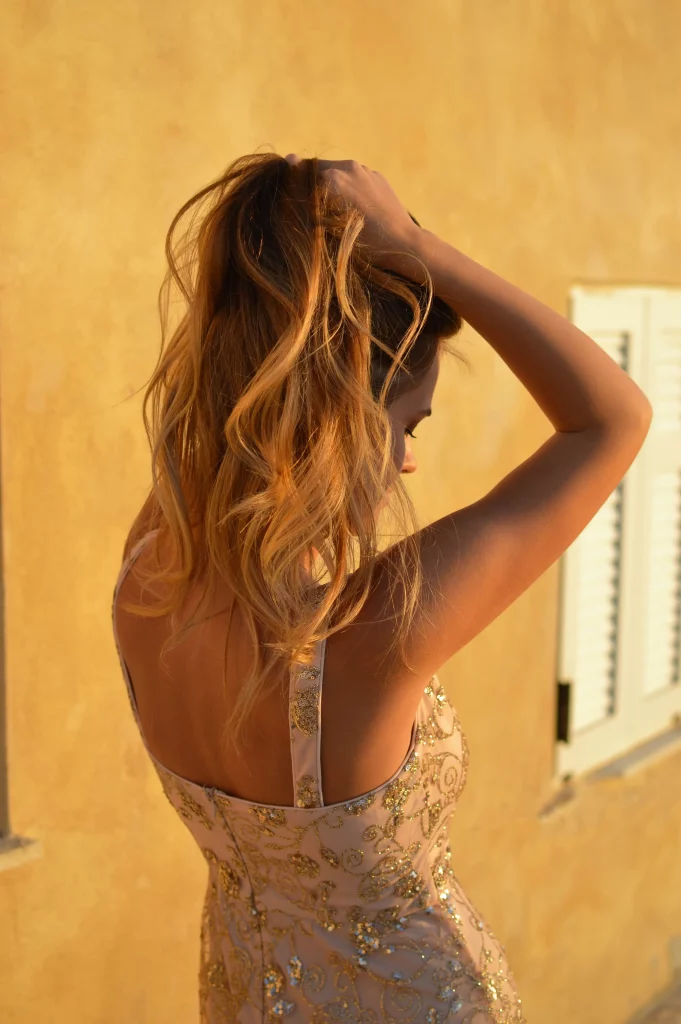
There are some pretty simple things you can do to help with dry hair. Washing your hair less frequently is one of them. Consider shampooing every other day or even as little as twice a week. With fewer washings, should come less frequent blow drying and styling with heated curlers or relaxers.
When you do shampoo choose a product made for dry hair and finish with a moisturizing conditioner. Check with your hair stylist about deep conditioning and keeping your split ends trimmed.
Eat a balanced diet and exercise regularly. There are also vitamins and minerals that will help keep your hair in good condition like iron, vitamins D and B12, selenium and others.
Especially if the dry hair persists and is accompanied by fatigue, mention it to your primary care physician. There are some medical conditions that manifest themselves in the hair’s inability to retain moisture.
Issues with your thyroid can also be a factor. If your thyroid production is too low (hypothyroidism), hair will become dry and brittle. This can be discovered through a simple blood test and corrected with medication.
More serious conditions are eating disorders like anorexia nervosa or bulimia. These may take work through personal and professional interventions, but can be controlled. At that point, hair will start to return to its healthy condition.
We discuss products we think are useful to people. If you buy something through our links, we may earn a commission. Remember to check with your personal physician to see if a product recommended is right for you.


